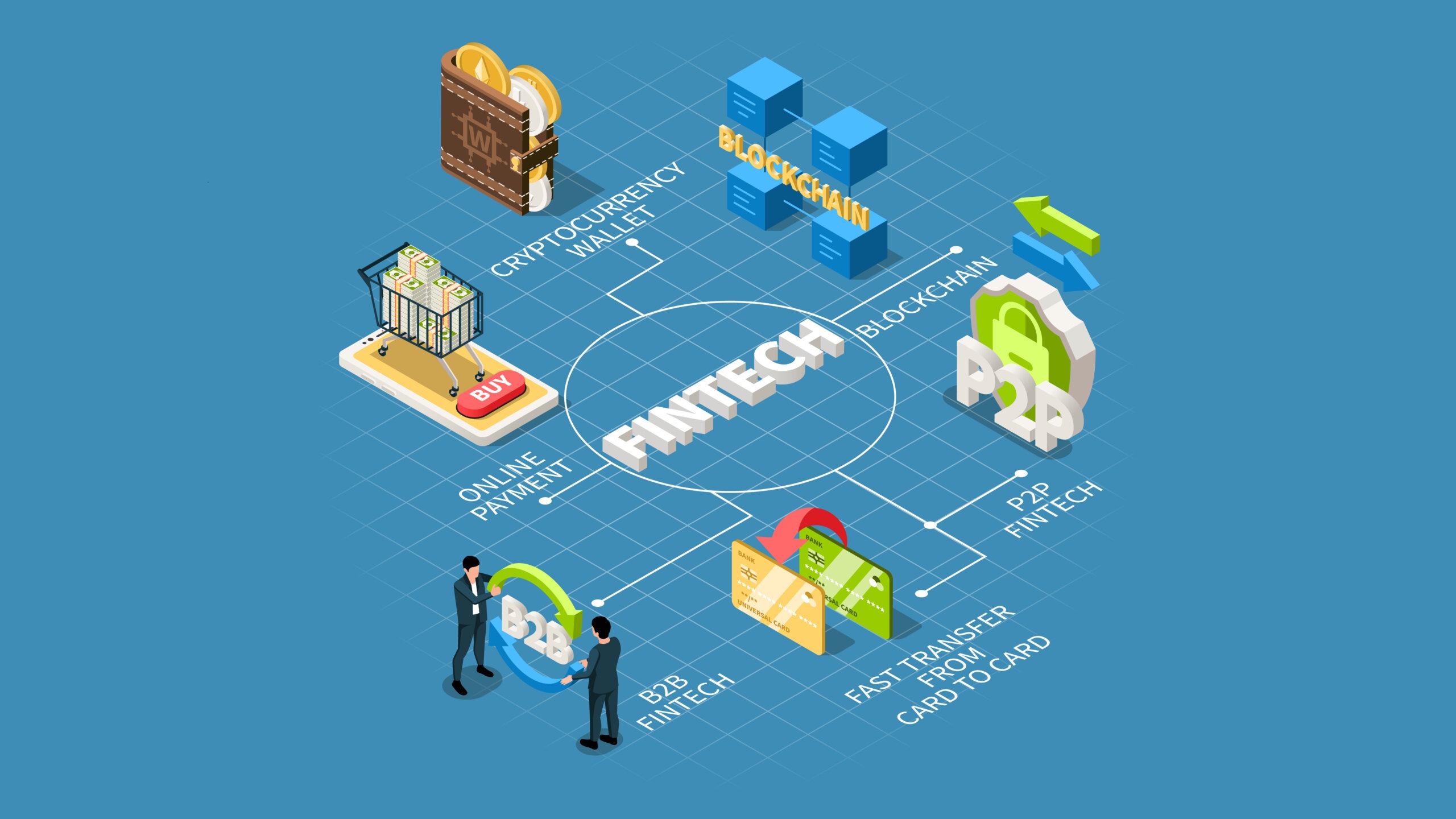Introduction
The phenomenon holds the promise of unique opportunities for fintech companies. At the same time, it also brings some challenges that truly demand attention.
Open banking works like a gateway for fintech companies to access our treasured row for financial data. The newfound access enables them to develop unique services. These services serve the ever-evolving needs of the clients. Think about a world where a single app consolidates all your financial information. In tech, companies can create such unified platforms with open banking. It offers you a convenient way to manage your money. The apps could provide you with insights into spending patterns.
Additionally, open banking opens up different platforms for fintech firms to design customized solutions. Using the shared data from banks, they can customize offerings to suit your preferences. They can also do different behaviors; plenty of possibilities are available, whether it’s an intelligent budgeting tool or a personalized investment plan.

Changing the Payment Methods
Transformation of payment systems is one of the most critical impacts of open banking. Fintech companies can make the most of the shared data to create faster, more secure, innovative payment methods.
Consider a scenario where making payments is as seamless as tapping your smartphone. Fintech firms can develop new and efficient payment options with open banking. It can make transactions quickly and more user-friendly. This can also range from quick peer-to-peer transfers to novel payment interferences. This will simplify online and in-store purchases. The innovations provide convenience and speed. This improves the user experience and contributes towards the overall efficiency of financial transactions in the digital world.
Diversification of Financial Products
Open banking facilitates a perfect understanding of consumers’ financial behaviors and preferences. Fintech companies can use this knowledge to diversify and tailor their financial products to align with the different requirements of the users.
Consider a situation where obtaining a loan becomes more streamlined and customized. Fintech firms can analyze a user’s financial history through open banking. They can easily offer loans with terms and conditions that align with their circumstances. This can increase the accessibility to the financial products. At the same time, it can promote financial inclusion by catering to a broader spectrum of users.
Fintech companies have a comprehensive understanding of users’ financial portfolios. They can develop solutions that align with their long-term objectives and aspirations.
Addressing Challenges and Ensuring Security
It is essential to acknowledge and address the challenges linked with open banking as you embark on the financial revolution.
- The sharing of financial information raises valid privacy concerns. The fintech companies need to focus on solid protection. They will use these measures to ensure the confidentiality and security of the user’s sensitive information.
- The risk of cyber threats also increases with the increased data sharing. The fintech companies need to invest in strong cyber security measures. Developing secure authentication methods is essential to maintain the integrity of open banking systems.
- Regulation should be in place to prevent unfair advantages and ensure ensure that small fintech players have equal opportunities to thrive.
- The journey comes with some challenges that require proactive measures. This is to ensure a secure and fair financial ecosystem—the collaboration between typical banking and fintech.
Unlocking A Powered Future With Pedals Up
The synergy of open banking and fintech shapes the future. Pedals up emerges like a trailblazer ready to pedal alongside you. It specializes in cutting-edge solutions that perfectly integrate with open banking. From customized financial insights to innovative payment solutions, Pedals Up can be your partner in embracing the opportunities of the transformative world. So, you can join the company in peddling towards the future where financial empowerment meets technological innovation.




